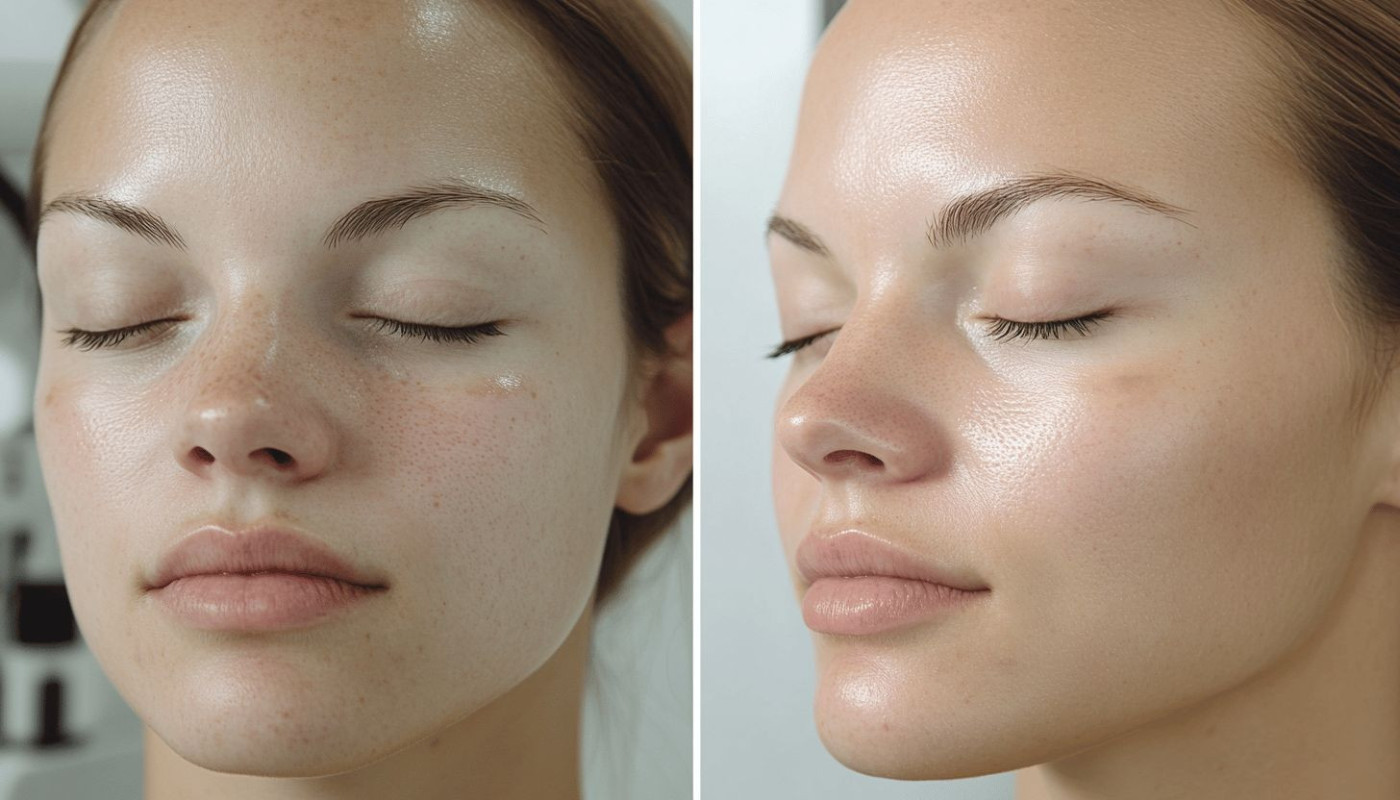Table of contents
Understanding the journey towards becoming a certified medical intuitive can be as perplexing as the practice itself. Navigating through the intricate webs of accreditation and standards, this field, though niche, demands stringent scrutiny and rigorous training. Delve into the depths of the certification process and unravel the mystery that ensures these professionals provide their unique services within the healthcare industry, effectively and ethically.
Defining Medical Intuition
Medical intuition is a field within complementary medicine that involves tapping into one's intuitive abilities to identify and address health concerns. Although distinct from conventional medical practices, which primarily rely on physical evaluations and laboratory testing, medical intuition operates on the premise that a practitioner can psychically discern aspects of a person’s health and wellbeing. Rather than replace mainstream healthcare, it is an integral part of healthcare integration, aiming to work alongside it. Medical intuitiveness supports the healing process through alternative healing practices that consider the emotional, spiritual, and energetic dimensions of a person.
The legitimacy of medical intuition is reinforced through rigorous certification programs, which ensure practitioners adhere to professional standards. Certification for a medical intuitive practitioner validates their expertise, skills, and commitment to providing quality care within the ethical framework of the field. This certification is not merely a credential; it represents a dedication to the responsible practice of medical intuition, assuring clients and the medical community of a practitioner's credibility and the role of intuition in health and healing. As awareness grows, so does the integration of medical intuitives in various healthcare settings, paving the way for a more holistic approach to patient care.
The Road to Certification
Becoming a certified medical intuitive is a structured endeavor that involves meeting various educational requirements and completing a professional training regimen. The certification process typically begins with fulfilling any prerequisites set by recognized certifying bodies, which may include a background in healthcare, counseling, or a related field. Aspiring medical intuitives must then enroll in accredited programs tailored to develop the necessary skills for this specialized practice. Such programs are often comprehensive, covering multiple aspects of health and wellness, and they can vary in duration from several months to over a year, depending on the depth and pace of study.
Throughout their education, candidates are expected to engage in both theoretical learning and hands-on practical experience. This dual approach ensures that they not only understand the concepts behind medical intuition but are also able to apply them in real-world situations. Professional training may encompass a variety of courses, ranging from anatomy and physiology to energy healing and intuitive development, all designed to integrate into a cohesive skill set. Credentialing bodies overseeing the field ensure that upon completion, practitioners meet a standardized level of competency and are prepared to serve clients with the highest level of professionalism and care. The attainment of certification signifies to clients and peers alike that the practitioner has invested the time and effort necessary to be recognized as a qualified professional in the field of medical intuition.
Ethical Considerations and Standards
In the realm of medical intuitives, adherence to ethical practices and professional conduct is paramount. These practitioners engage in a field that demands not only a nuanced understanding of the human body and psyche but also a steadfast commitment to the highest standards of care. A code of ethics, often established by certification authorities, outlines the principles and responsibilities to which medical intuitives must adhere, thereby ensuring patient safety and the integrity of the practice. This code serves as a foundation for accountability, guiding intuitives in making decisions that honor the well-being and autonomy of their clients. As a senior ethics officer, I emphasize that these standards are not mere formalities but the bedrock of trust and professionalism within the community. Observance of these ethical codes safeguards the credibility of the field and fosters an environment where healing can occur without compromising ethical integrity or the trust placed in the hands of medical intuitives.
Continued Education and Renewal
The field of medical intuition, like many other healthcare practices, is constantly evolving with advancements in research and holistic methodologies. To maintain the validity and relevance of their credentials, certified medical intuitives must engage in continued education. This is an ongoing requirement designed to ensure that practitioners stay abreast of up-to-date practices and emerging trends. Professional development is not merely an afterthought; it is a strategic imperative for those committed to providing the highest level of insight and care.
When it comes to certification renewal, a structured process is in place. Practitioners are typically required to submit evidence of their professional development efforts, which can include attending workshops, completing relevant courses, or participating in industry conferences. These activities contribute to a practitioner’s lifelong learning journey, emphasizing a commitment to their craft and the well-being of their clients. Recertification is a technical term that encapsulates this process, ensuring that credentials remain current and are reflective of a practitioner's dedication to excellence and proficiency in the field.
As a continuing education coordinator within a certifying organization, it is imperative to guide and support medical intuitives through their recertification journey. This includes providing resources, outlining the requirements, and offering assistance with navigating the renewal system. By upholding high standards for continued education and certification renewal, the integrity and expertise within the community of medical intuitives are preserved, fostering trust and confidence in their vital work.
Choosing the Right Certified Medical Intuitive
When selecting a practitioner in the field of medical intuition, the verification of credentials plays a pivotal role in ensuring that you are engaging with certified professionals. A medical intuitive's certification is not just a formality; it is a testament to their expertise, commitment to ethical practice, and a signal to clients of the depth of their knowledge and skills. Clients should seek out a consumer relations officer from the certification authority for certification verification, as this step fosters client trust and guarantees that the practitioner has met all the rigorous standards set by the accrediting body. Understanding the accreditation significance is vital for clients to feel secure in the knowledge that their health and well-being are in proficient hands. By choosing a practitioner whose qualifications have been thoroughly vetted, clients can be confident in their decision and the level of care they will receive.
Similar articles








